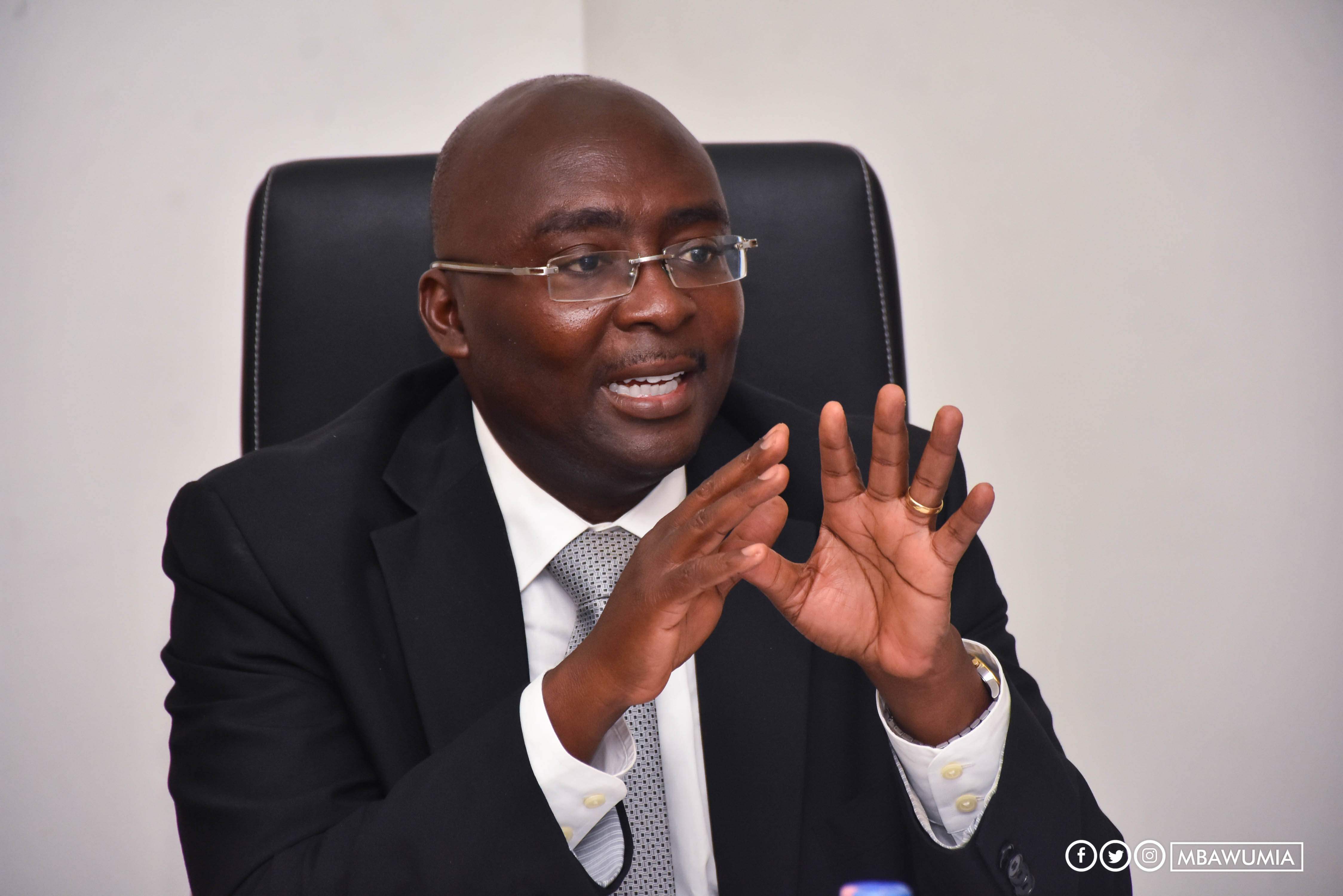Bawumia – Hospital contracts in Ghana inflated by over 400%
- Posted on
- Comment

Contracts for the construction of hospitals in Ghana are often inflated by about four times the original price, Vice President, Dr. Mahamamudu Bawumia has disclosed.
peaking at a Value for Money Conference in Accra today [Monday], Dr. Bawumia said the Akufo-Addo government is seeking to correct the unfortunate trend and deliver projects at their actual cost.
“A comparative analysis reveals that better quality hospitals are currently built at more cost-effective rates in places like India than in Ghana….Ghana constructs 60-80 bed district hospitals for $25 million, the African Development Bank constructed a 150-bed hospital in Accra a few years ago for GHC5.76 million or $1.3 million, which was without equipment. Even if we have to equip this hospital for some $1 million or $2 million, the total cost will be some $3 million,” he said.
“So how come we are building 60-80 bed hospitals for $25 million, and this figure does not include the tax exemptions granted on equipment imported for the hospitals. So for one hospital that we are building, we could have built 6 hospitals in Ghana,” Bawumia added.
Dr. Bawumia said the Akufo-Addo government has resolved to ensure that all of its investments in infrastructure yield maximum returns, as resources will be judiciously used.
“It is in this respect that the government under the leadership of President Nana Alufo-Addo has committed to seeking the investment required for the construction of the roads, schools and hospitals, and at the same time maximizing the efficiency of existing expenditure on these infrastructure to ensure value for money. It is estimated that on average, we are paying significantly more on contract values and this is because of corruption,” he said.
According to the Africa Infrastructure Diagnostic report, Ghana loses about $1.1 billion annually due to project delivery inefficiencies.
Other reports have suggested that the government spends more on projects than private investors do on similar projects.
The Value for Money conference brings together stakeholders in the finance, construction and evaluation sectors, and is expected to come up with standards for construction and cost to ensure cost efficiency and effectiveness.
The conference will afford stakeholders, including the government the opportunity to deliberate and agree on the best standards for infrastructure and reduce delays in the execution of projects.
Dr Bawumia is optimistic that the conference will help to develop concrete steps to stop financial wastage to protect the public purse.










 (Selorm) |
(Selorm) |  (Nana Kwesi)
(Nana Kwesi)